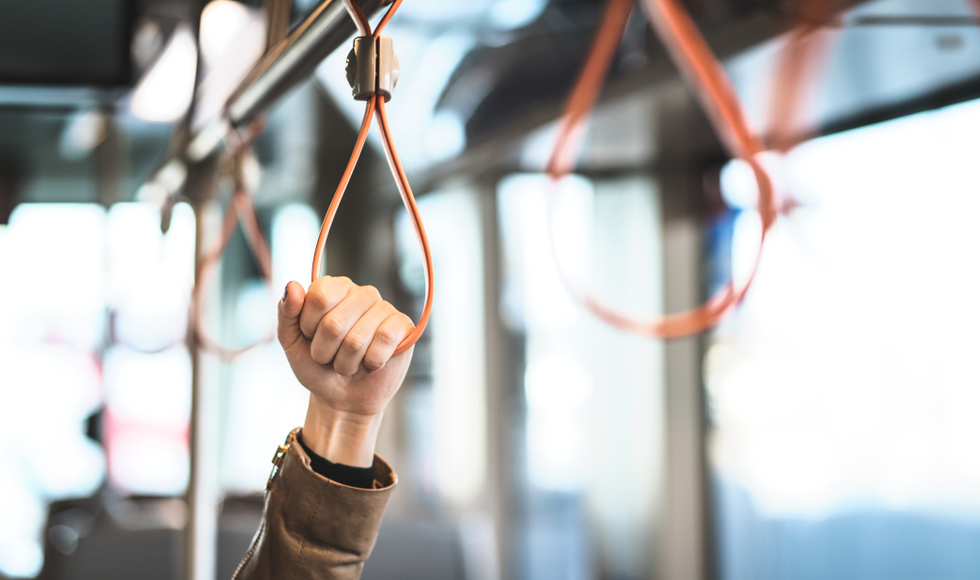GTHA research study looking for student feedback about commuting habits

Photo by Shutterstock/Tero Vesalainen
Rajveer Ubhi is no stranger to commuting.
A master’s student in Mac’s School of Geography and Earth Sciences, he’s been commuting to McMaster from Brampton since his third year, heading to the GO station each morning after dropping his sister off at a different station.
“When I was living in residence, I saved a lot of time, but I spent a lot of money,” he explains. “Once I moved home, I saved money, but now I’m spending a lot of time. There are pros and cons to however you get to school.”
That experience came in handy this year when, as a student in Darren Scott’s transportation lab, Ubhi started working with StudentMoveTO, a collaboration between 10 GTHA colleges and universities that aims to improve the transportation experiences of postsecondary students across the region.
Based at Ryerson’s School of Urban and Regional Planning, the study is an expansion of a 2015 project with Toronto’s four universities that collected data from more than 15,000 students about where they lived and how they travelled.
Now, supported by a grant from the Social Sciences and Humanities Research Council, the project is extending its sights beyond Toronto’s borders and incorporating the entire GTHA region.
And it’s not just data collection – StudentMoveTO is hoping to use that data to make recommendations to work with governments and planning authorities that will help solve some of the issues faced by students.
“The study looks to improve the commuter experience of postsecondary students – things like reducing travel time, and increasing transit accessibility, reliability and convenience,” explains Ubhi. “It branches into all forms of ridership – transit, vehicle, bicycle, walking, etc. – and can be used to compare the relationship between modes of transportation and things like household factors, mental health and financial income.”
The initial phase of StudentMoveTO starts with an email survey, which is being sent to students at the participating institutions in October and November. Ubhi is also hoping to interview students and get their commuting stories and suggestions for how to improve transit systems to and from McMaster’s campus.
“A connected network that gets students to and from campus with ease, something that is reliable, efficient and cost-effective would be one less thing that students in the GTHA have to stress about,” Ubhi says. “If I can help them achieve that goal, I think it would be a job well done.”


